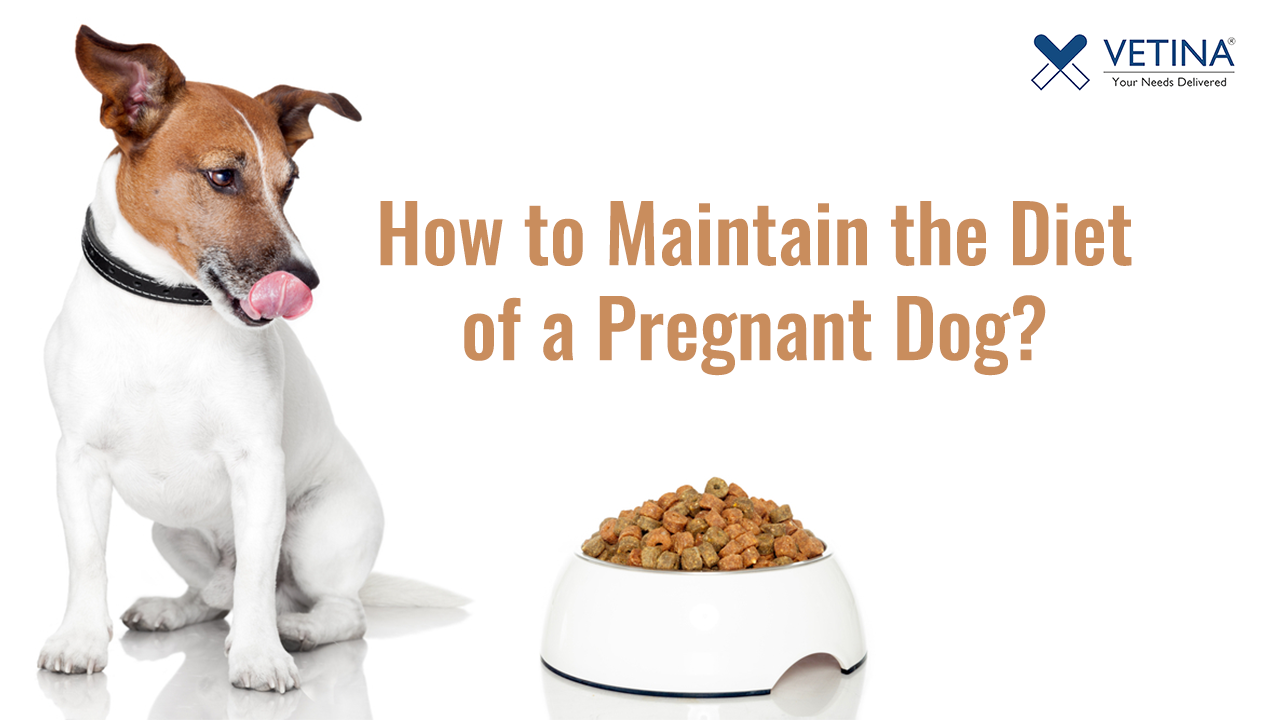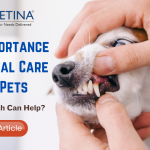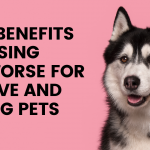Our future holds much promise as we eagerly await the birth of fresh puppies. The nutrition of your dog, while she is nursing, is essential for the development of her puppies. Should a pregnant dog eat anything in particular? A well-balanced diet is the cornerstone of good health.
To continue, your dog has specific needs during her whole pregnancy. What you feed your dog or cat can have a significant effect on the quality of its offspring. We can advise you on how much and what kind of food to feed your pregnant dog.
Beginning of Pregnancy and Birth
The earliest weeks of pregnancy are critical for the canine embryo. The first 2.5 weeks of pregnancy are spent in the Fallopian tubes, where the embryo develops. The placenta develops after these cells have descended for about 17 days. They can get enough to eat and grow normally there.
Nutritionally complex foods are absorbed into the bloodstream and transported to the developing puppies via the mother’s digestive system. During pregnancy, it is crucial that the mother should not be exposed to any pesticides or other chemicals that could potentially harm the puppies. Get your Vet’s OK before providing any medication or parasite control to your pregnant pet.
The food of the mother dog has a significant impact on her growing litter. Anyhow, throughout the first half of pregnancy, moms and puppies can benefit from a regular, well-balanced adult diet. Unless there is a specific cause, you shouldn’t switch your adult dog’s diet if it already consists of high-quality food.
We Built A Gestational Chart To Meet Your Evolving Demands
The offspring of your pet will reach full maturity in the latter weeks of pregnancy. By the time they are born, most of their organs will have matured to a healthy level of function. To keep up with their rapid development, puppies devour their mother’s food in large quantities. Anyone who has ever been pregnant understands how challenging it can be for the mother to eat after the babies reach their full size.
Calibra premium line sensitive and Premium line Energy are two of Vetina’s nutrient meals that are suggested through pregnancy and lactation. This is a great dry diet for nursing or pregnant dogs. Pregnant and lactating female dogs can benefit from the exceptionally premium, holistic recipe. If the mother dog is undernourished during pregnancy, the offspring may be born underweight or with a condition known as fading puppy syndrome.
For the first half of the pregnancy, nothing much will change and she will eat as normal. Many breeders like to use more heart muscle which can be higher in folic acid.
We need at least 29% protein, 17% fat, a high concentration of soluble carbs, and a low fiber content. Healthy bone development in puppies depends on their getting adequate milk to nurse on. Your puppy’s maturing brain system also benefits from DHA.
The Fifth Week: Increase Quantity
Give her 20-30% more food than she regularly consumes.
Supplementing with Fat and Reducing Bone Mass in Week 6
By week 6, the mothers’ stomach capacity has already begun to decrease due to their rapid growth. Feed her less food and give her smaller meals more frequently; observe how much she eats and how often she tries to find food; and, based on her actions, increase the number of times you give her food to four or five meals per day.
Increase the fat level by opting for red meat rather than white meat. Meats like duck, pork, and cattle are considered red meats, whereas poultry, seafood, and vegetables are considered white. It’s time to start making boneless meats the centerpiece of the main course.
Week 8-9
Pregnant dogs’ dietary needs change significantly throughout pregnancy, but by week 8 they may be eating as much as 50% more than they did before they became pregnant. There should be almost no bones in her diet at this point in her pregnancy.
Week 9
The last week is here, and you probably already know that her appetite has been decreasing. In certain cases, pregnant dogs will stop eating a day or two before giving birth; if this happens, it’s best not to worry or try to entice them back to their food dish.
Instead of eating a huge meal once a day, you should try to get your pregnant dog to eat several smaller meals throughout the day. You should transition your dog to a lactation meal designed for nursing dogs.
One of the recommendations is to eat a lot of food without making yourself bloated and unhealthy. Vetina’s Puppy Serelac is a complete food for the last weeks of gestation. This product will support the digestive system and provide sufficient energy to the pregnant mother with all the required nutrients for the healthy growth of puppies.
If Your Dog Is Nursing, How Much Food Should She Be Getting?
It should come as no surprise that a dog that is breastfeeding needs a diet higher in nutrients. After all, she must eat to provide for her expanding offspring. The average litter size for a medium-sized dog is between six and eight puppies. A high-calorie food developed for breastfeeding is used to augment the diets of both the mother and the infant.
More puppies equal a larger portion size. Once the puppies are weaned, the mother can return to her regular eating schedule.
What Should You Feed a Pregnant Dog?
It is our sincere wish that this article has clarified some of your concerns about providing food for your dog during her pregnancy and while she is nursing. Throughout the duration of your pet’s pregnancy, we are available to support you and answer any further questions you may have concerning their care. Our hearts are overflowing with joy for you, and we can’t wait to meet the newborns and their proud mothers.
Feeding Newborn Puppies.
Generally speaking, puppies can begin eating solid food at around 4 weeks of age. It is recommended to reduce your puppy’s milk intake (colostrum, mother’s milk ) by half per week for up to two weeks while weaning.
Vetinas Puppy kitten milk is a day-one product for puppies, If the mother is weak or exhausted after delivery and not in a condition to feed all the puppies. After Puppy milk, Puppy Serelac should be continued after 3 weeks of age to 3 months along with Dry food for the puppies. Dog Life Starter and Puppy Lamb: Calibra Starter & Puppy is the hypoallergenic dry food recommended for puppies aged four weeks to three months.




